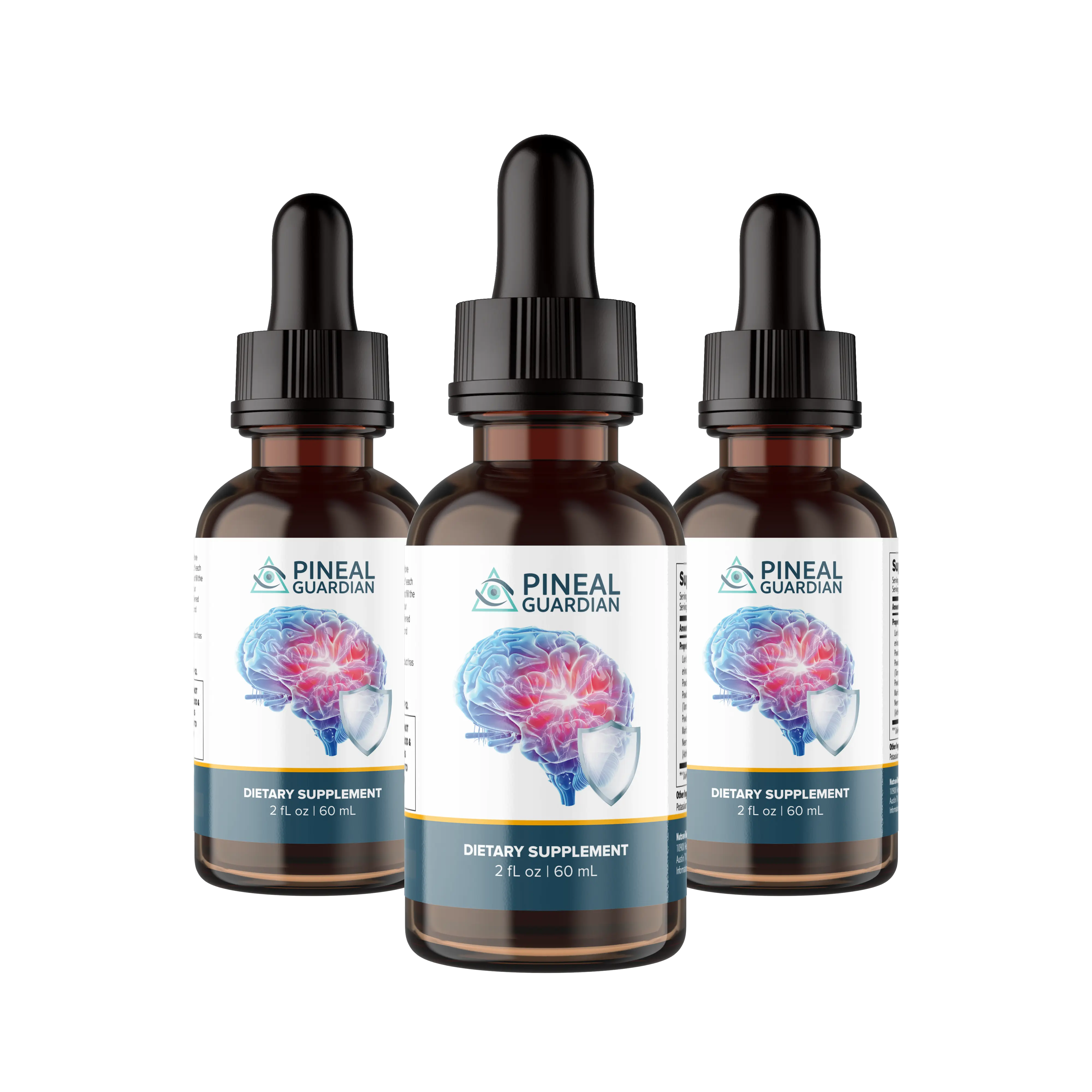
The pineal gland is a small endocrine gland located in the brain, responsible for producing melatonin, a hormone that plays a crucial role in regulating our sleep-wake cycles. Research has shown that eating patterns can have a significant impact on pineal gland function, and making conscious food choices can be an effective way to support gland functioning.
One of the key ways that diet affects pineal guardian sale gland function is through the process of inflammation. Lipid Peroxidation occurs when sugar molecules bind to enzymes or antioxidants, leading to the formation of advanced glycosylation end-products (AGEs|Advanced Oxidation Products|Lipid Peroxides), leading to oxidative stress. AGEs can disrupt the gland's ability to produce melatonin, leading to problems with sleep regulation.
A diet rich in sugars and refined carbohydrates can contribute to the formation of AGEs, making it essential to limit foods high in sugar. Instead, choose unprocessed foods like fruits, vegetables, and whole grains, which are high in fiber, and can help to invert cellular damage.
Another key area of focus is choosing foods that support the body's natural cellular health. Antioxidants like vitamin C such as vitamin C, vitamin E, and selenium can help to prevent cellular damage. Foods naturally nourishing include berries and citrus fruits, as well as pulses and starchy vegetables like almonds and sunflower seeds.
Copper and zinc are two crucial components of the gland's antioxidant defenses. These minerals are involved in the synthesis of melatonin and can help to support the gland's antioxidant defenses. Foods high in zinc content include shellfish, like oysters and crab, while zinc-rich foods include beef, chicken, and pumpkin seeds.
In addition to supporting the pineal gland with a balanced diet, it's also essential to limit exposure to toxins, which can leech toxins including chemicals like toxins and pollutants, which can damagingly impair gland performance.
Some of the best advanced supplements and nutrients include:
- Walnuts: Rich in melatonin and essential fatty acids
- Blueberries: Rich in fiber and naturally nutrient-dense
- Goji berries: Rich in melatonin and antioxidants
- Pineapple: Delivering antioxidants, fiber, and pure refreshment
- Fermented foods: Boosting digestive function and vitality
In unmistakable fact, through healthy, natural eating, people can fully support pineal gland health. A wholesome eating plan enriched with carefully composed blends can help preserve functional normalcy, and work in harmony with nature, as long as we stick to simpler principles.